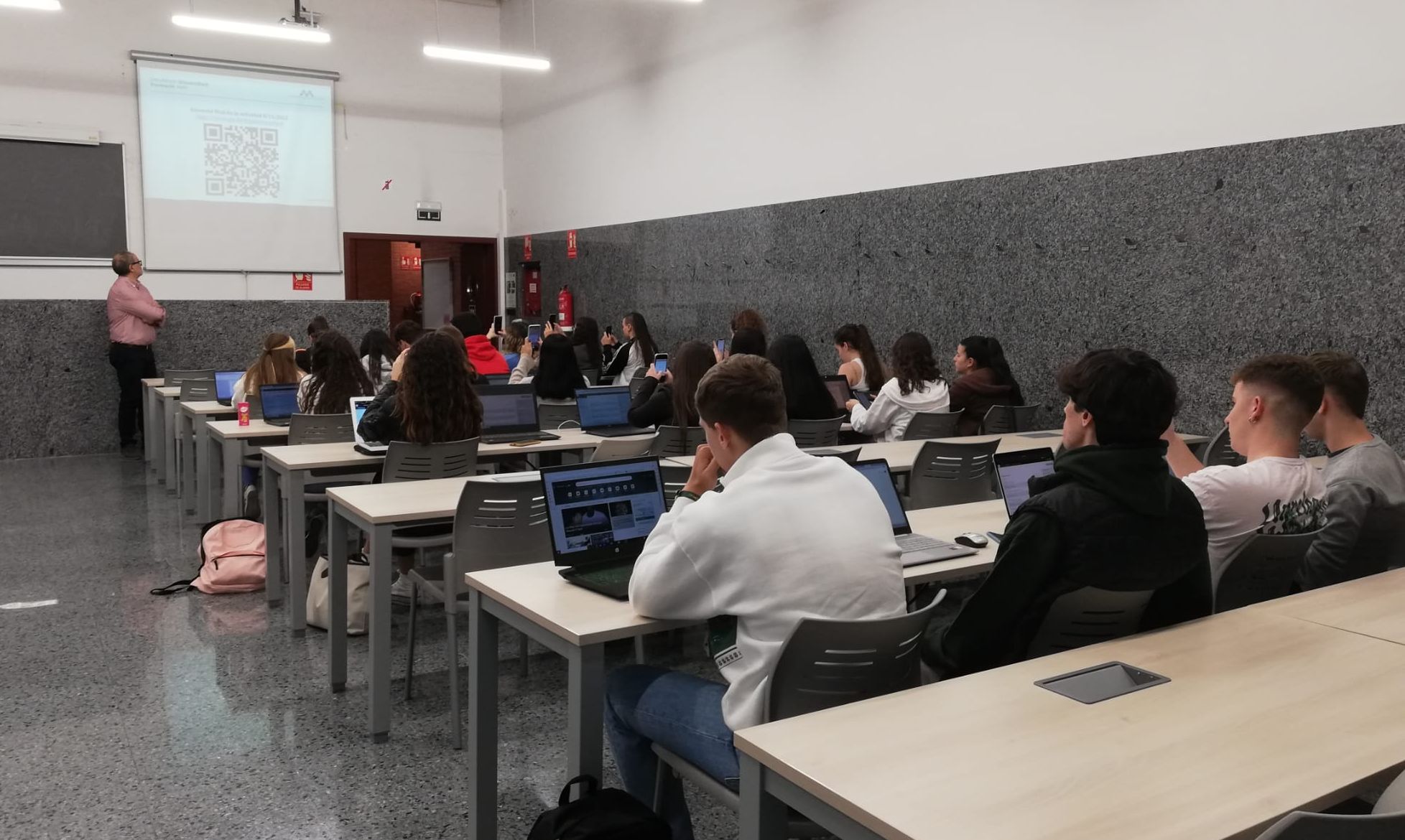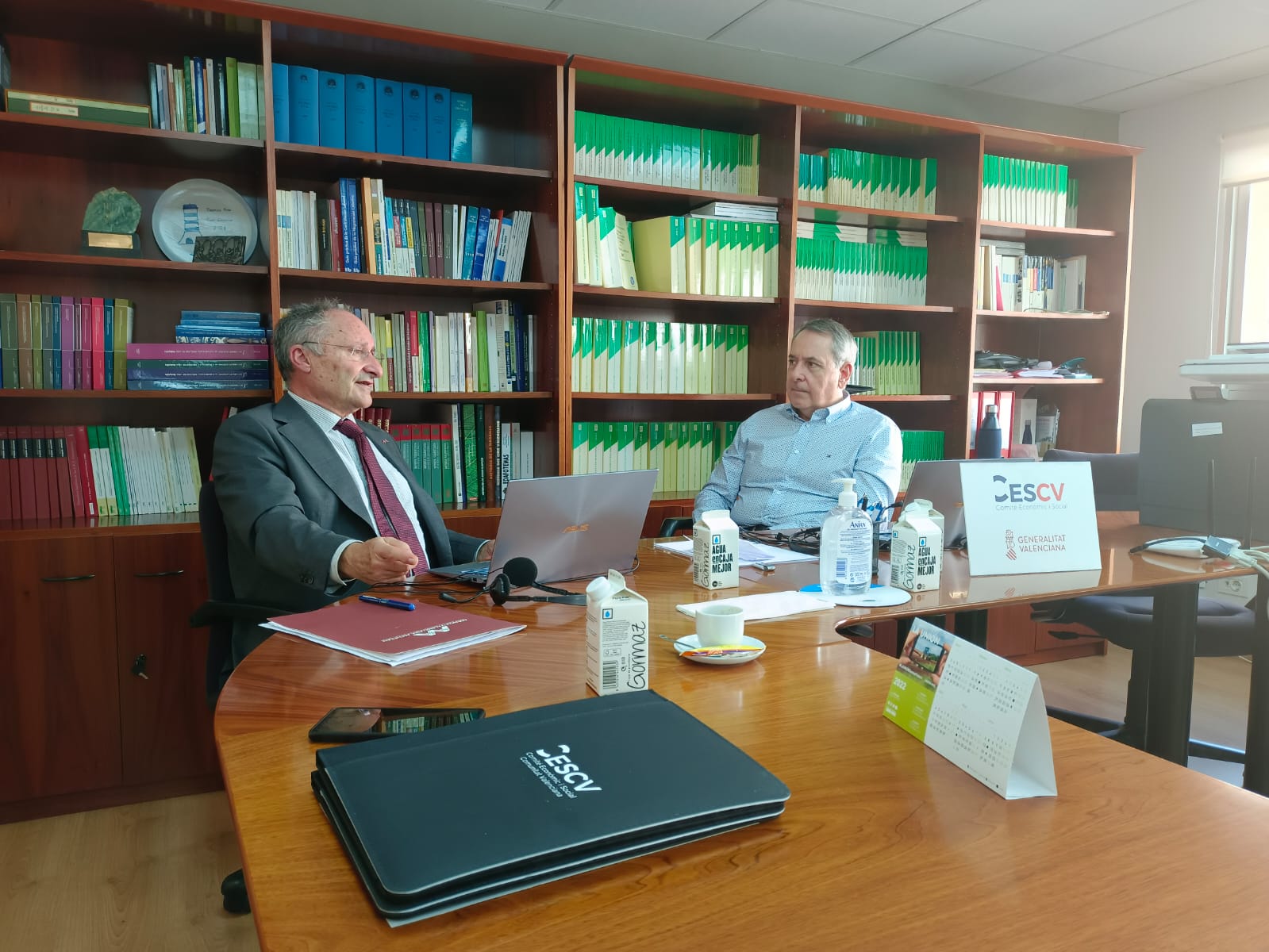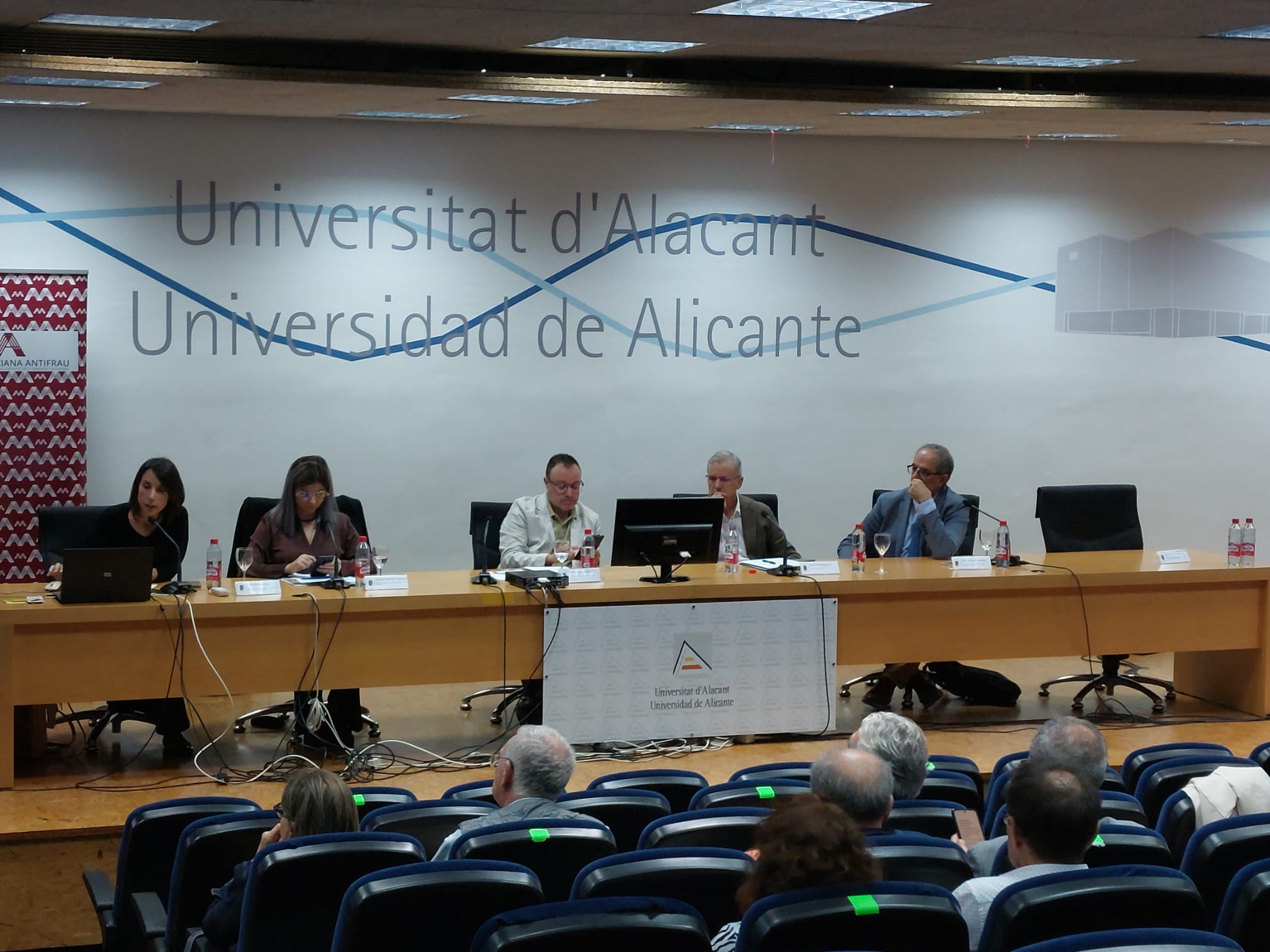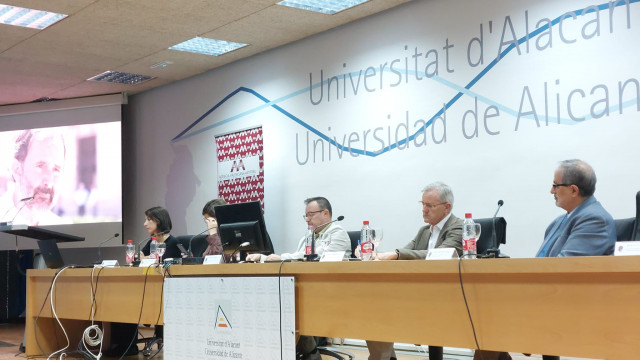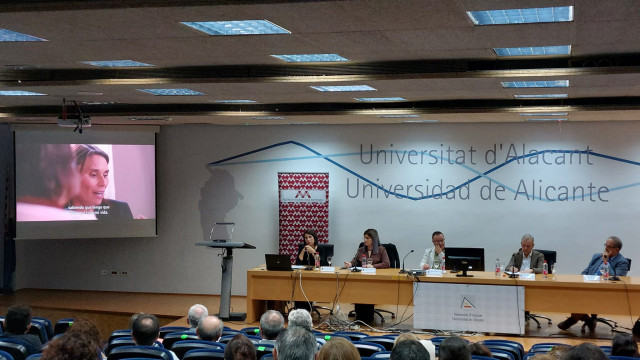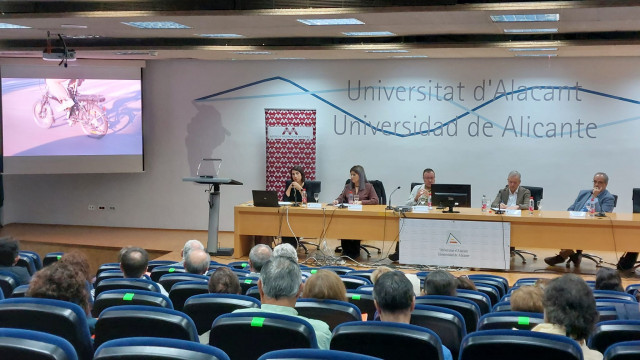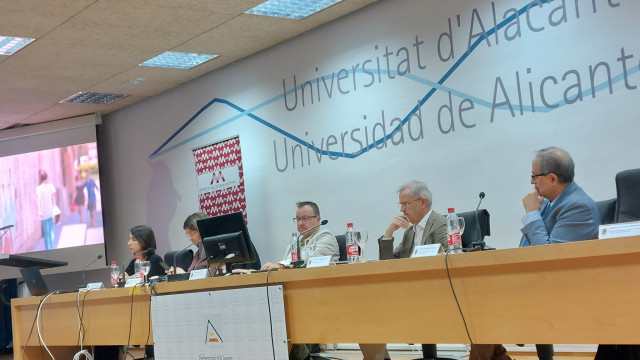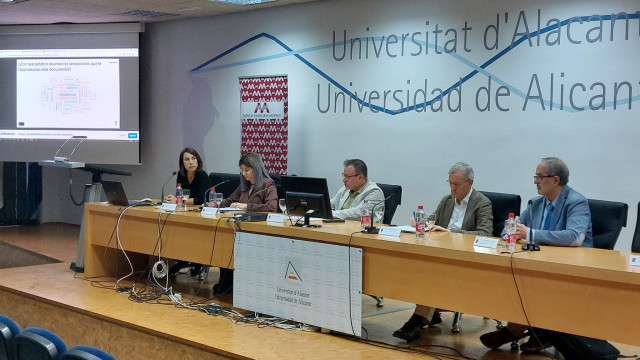#TrainingAVAF
The Valencian Anti-Fraud Agency maintains its presence in the classrooms of the Faculty of Law of the University of Valencia
The activities of the Valencian Anti-Fraud Agency in the universities of the Valencian Community are becoming more and more frequent. In the 2022-2023 academic year, the Faculty of Law of the University of Valencia has included the University Docufòrum activity in collaboration with the AVAF in the Center Innovation Project (PIC).
The #DocufòrumAVAF is an activity aimed at promoting a social culture of civic ethics, public integrity, prevention of fraud and rejection of corruption among students of all degrees at the University.
On this occasion, two #DocufòrumAVAF have been held at the Faculty of Law, on Tuesday, November 8 and Wednesday, November 9, 2022, with the participation of 90 students of the Skills and Skills subject from two different courses of the Criminology Degree, with the collaboration of Professor Vicenta Tasa Fuster.
After watching the documentary Corruption: Harmful Organism, the students star in the training experience through questions, focused on the origin and causes of corruption, its effect and costs, the perception of corruption in our society and with respect to other countries of our environment, what to do in cases of corruption.
In the debate, issues related to public ethics and integrity were also discussed, as well as prevention policies and civic education or the functions and work carried out by the Valencian Anti-Fraud Agency.
The students especially insisted on the consequences of corruption in institutions and in our society, the punitive part and the judicial system, the recovery of assets, as well as the role of criminologists in the fight against fraud and corruption.
The activity has been organized in collaboration with the University of Valencia, which we thank for its interest and willingness to help create a culture of public integrity and rejection of fraud and corruption.
If you are a university, secondary or high school teacher and you are interested in having the training activity “Docufòrum: Corruption, harmful organism” carried out in your subject, do not hesitate to contact the Training Service of the Valencian Anti-Fraud Agency through from formacion@antifraucv.es.


